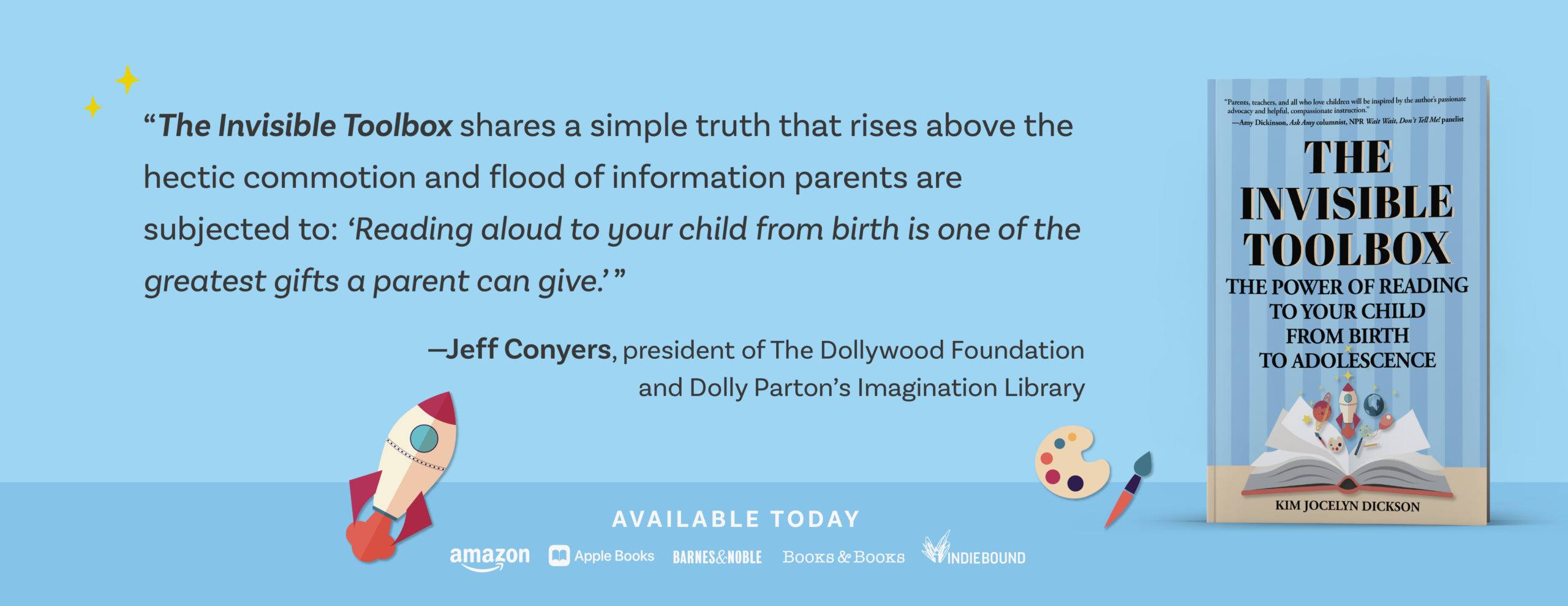Why This Was Not Surprising
Despite LOTS of federal money pouring out the door to schools after the pandemic and the resurgence of phonics instruction via the Science of Reading in the eternal reading wars, the 2024 Nation’s Report Card*, unveiled this week, continued to report unhappy results.
This did not surprise me.
What would have surprised me about this year’s results would have been if we had seen growth in each group. Here’s why.

As students returned to school post-pandemic, their one to one laptops returned with them. So did the heavily tech-based work that they’d done in distance learning.
What did this mean for students? It meant less time reading actual books.
Reading is now often limited to short passages on screens or even via audio books in class.
As a teacher for over 3 decades, it was always obvious to me that students who scored as proficient readers read not only what was assigned for class, but also books of their own choice.
As with any skill, proficiency comes with practice. Reading is no different.
Changing Expectations for Independent Reading
Last November The Atlantic published an article entitled “The Elite College Students Who Can’t Read Books” with the subheading: ‘To read a book in college, it helps to have read a book in high school.’

Expectations for students as readers have changed.
When a friend stepped in as a substitute teacher for a 10th and 11th grade high school English teacher who left for medical leave, he was given these instructions:
Don’t expect the kids to do any assigned reading outside of class.
You’ll read The Great Gatsby in class together via audiobook.
Then the kids will do their follow up questions independently on their Chromebooks.
This scenario occurred in a typical suburban school that included both working and middle class kids.
If students won’t do the assigned reading to prepare for class, is it likely they’re doing their own reading for pleasure at home? I think not.
Hence, there’s very little time spent actually reading.
Little practice equals low proficiency.
The cocktail of our kids’ over-saturation in technology both at home and at school combined with low expectations is a recipe for continued stagnation and decline in reading scores.
The 4th graders of 2024 were in kindergarten when schools were shut down, so their introduction to school was screen-based. The students who didn’t have parents at home who read to them were—and are—at a huge risk for reading failure.
When 69% of our nation’s 4th graders and 70% of our 8th graders are only able to read at a basic or below basic level, it has got to be a wake-up call.

It’s Past Time to Rethink the Role of Technology in the Classroom
Technology in schools is big business and was pushed into the classroom long before Covid without considering whether more time on screens is really what kids need developmentally.
Neuroscience has revealed that screen use physically changes the brain. These changes actually depress reading, language, and decision making capabilities. Check out this long-term study by Cincinnati Children’s Hospital Reading and Literacy Discovery Center to see just how detrimental technology can be on developing brains.
If educators are serious about encouraging kids to become independent readers, thus improving reading scores, it’s long past time to reconsider students’ time on screens in the classroom.
*The NAEP (National Assessment of Educational Progress) administers reading and math tests to a cross section of 4th and 8th grade students all over the United States every two years. They target all demographics socially and economically and administer the tests in both public and private schools.



 Two-thirds of U.S. Students Currently Underperform in Literacy Proficiency
Two-thirds of U.S. Students Currently Underperform in Literacy Proficiency As the chasm between rich and poor continues to grow and the middle class shrinks in the United States, we look to education as the primary tool for rectifying inequity across the socio-economic classes and leveling the economic playing field. Politicians stump for education reform and pass legislation. Head Start. No Child Left Behind. Common Core. Teachers are held responsible for student achievement and often vilified and scapegoated by the media when test scores don’t improve. Cyclically, educational reform swings like a pendulum between the poles of ‘meeting children where they are’ and ‘raising the bar’. The conversation is ongoing and shifts nearly every decade but there is one constant, and that is the absence of discussion about what happens before a child arrives at school.
As the chasm between rich and poor continues to grow and the middle class shrinks in the United States, we look to education as the primary tool for rectifying inequity across the socio-economic classes and leveling the economic playing field. Politicians stump for education reform and pass legislation. Head Start. No Child Left Behind. Common Core. Teachers are held responsible for student achievement and often vilified and scapegoated by the media when test scores don’t improve. Cyclically, educational reform swings like a pendulum between the poles of ‘meeting children where they are’ and ‘raising the bar’. The conversation is ongoing and shifts nearly every decade but there is one constant, and that is the absence of discussion about what happens before a child arrives at school.